Effective Dental Care Tips for Indoor Rabbits
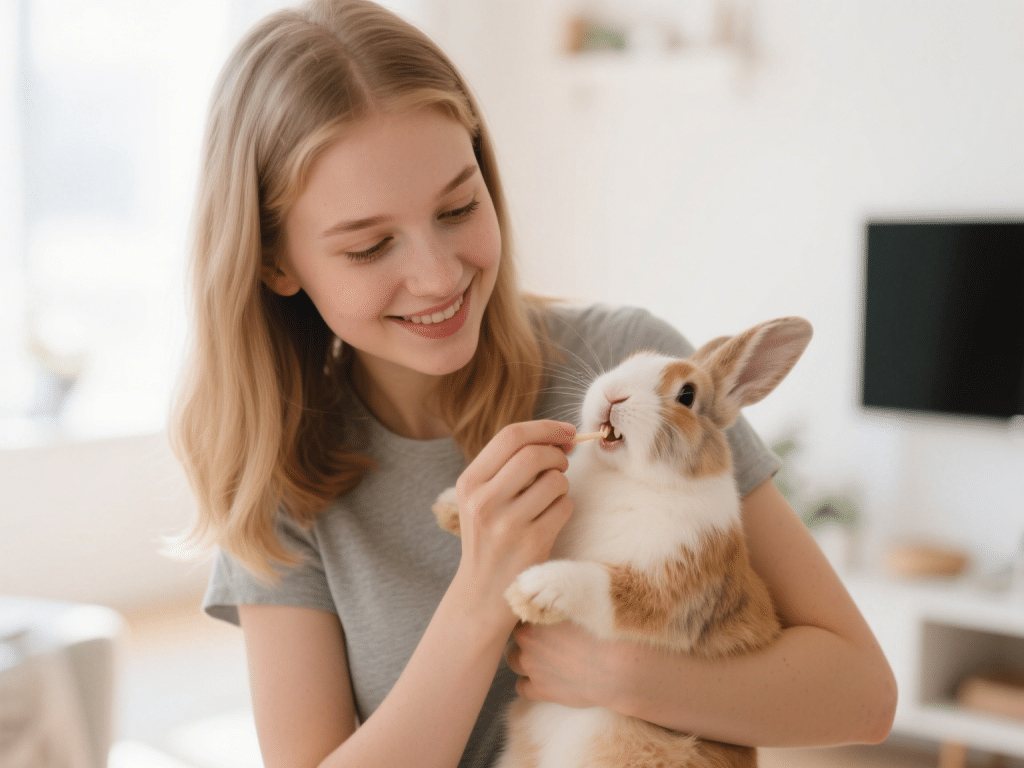
Indoor rabbits are adorable—but their dental health demands vigilant care. Overgrown incisors or molars can lead to painful malocclusion and serious health issues. Drawing on veterinary consults and my hands-on experience fostering rescue bunnies, I’ve compiled practical, preventive dental tips to keep your rabbit’s smile—and overall health—in top shape.
1. Understand Rabbit Dentition
A rabbit’s teeth grow continuously throughout life. Proper wear from chewing fibrous materials is essential. Recognize uneven length or drooling as red flags.
2. Provide Unlimited Grass Hay
Timothy or orchard grass hay forms the cornerstone of dental abrasion. Offer fresh hay at all times; I use hay racks to keep it clean and encourage foraging.
3. Safe Wood Chew Toys
Natural apple or willow wood blocks offer healthy texture. Avoid wood treated with chemicals. Supervise initial sessions to ensure safe gnawing.
4. Fresh Vegetables for Variety
Leafy greens like romaine lettuce and kale add moisture and require chewing. Introduce new veggies gradually, watching for digestive upset.
5. Regular Health Checks
Once a month, examine your rabbit’s teeth by gently parting its lips. Look for sharp points or hooks. Early detection prevents painful spurs.
6. Professional Trimming When Needed
A qualified exotic-pet veterinarian can file down overgrown teeth. I recommend scheduling dental checks every six months for early intervention.
7. Encourage Natural Foraging
Scatter hay or treats in puzzle feeders to promote gnawing and physical activity. Mental engagement further reduces boredom-related overgrooming.
8. Monitor Eating Habits
A decline in appetite or droppings signals potential dental pain. I keep a daily log of my foster rabbits’ eating and elimination to catch issues early.
9. Balanced Pellets in Moderation
High-quality rabbit pellets supply essential nutrients but should be limited to avoid dental neglect. Thirty grams per kilogram of body weight is a good guideline.
10. Environmental Enrichment
Provide tunnels and platforms that require gnawing and movement; healthy exercise supports jaw strength and natural tooth wear.
Implementing these strategies consistently will minimize dental problems and enrich your indoor rabbit’s life. I’ve witnessed dramatic improvements in rabbit comfort and longevity when caregivers adopt a proactive, holistic approach.
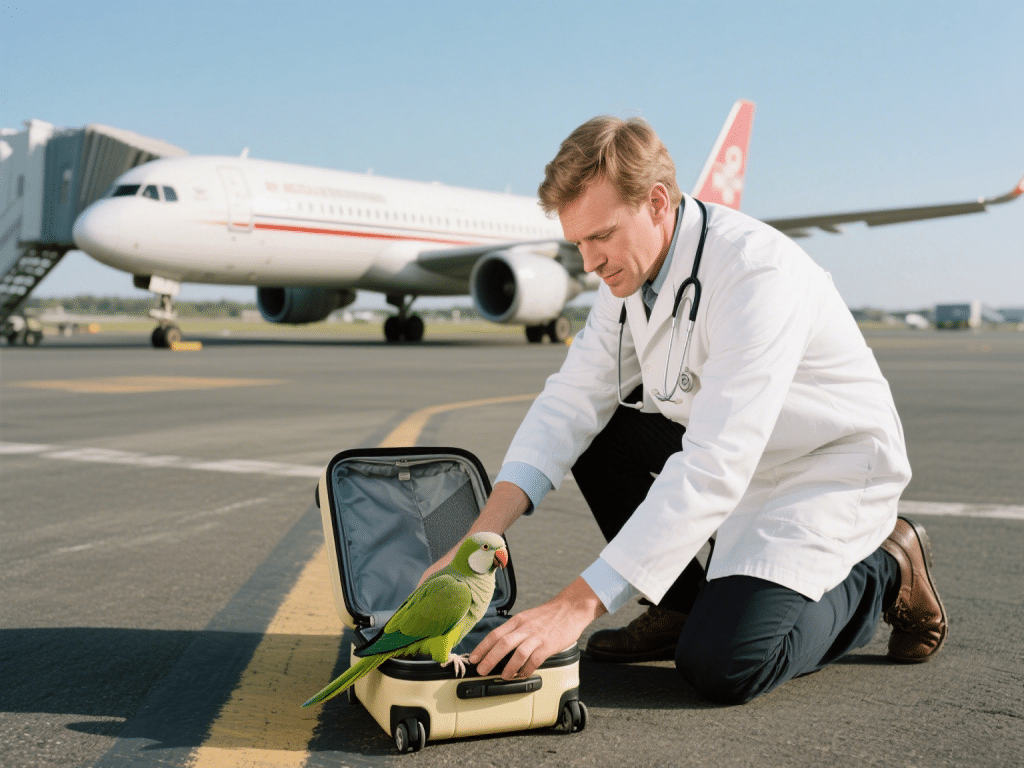
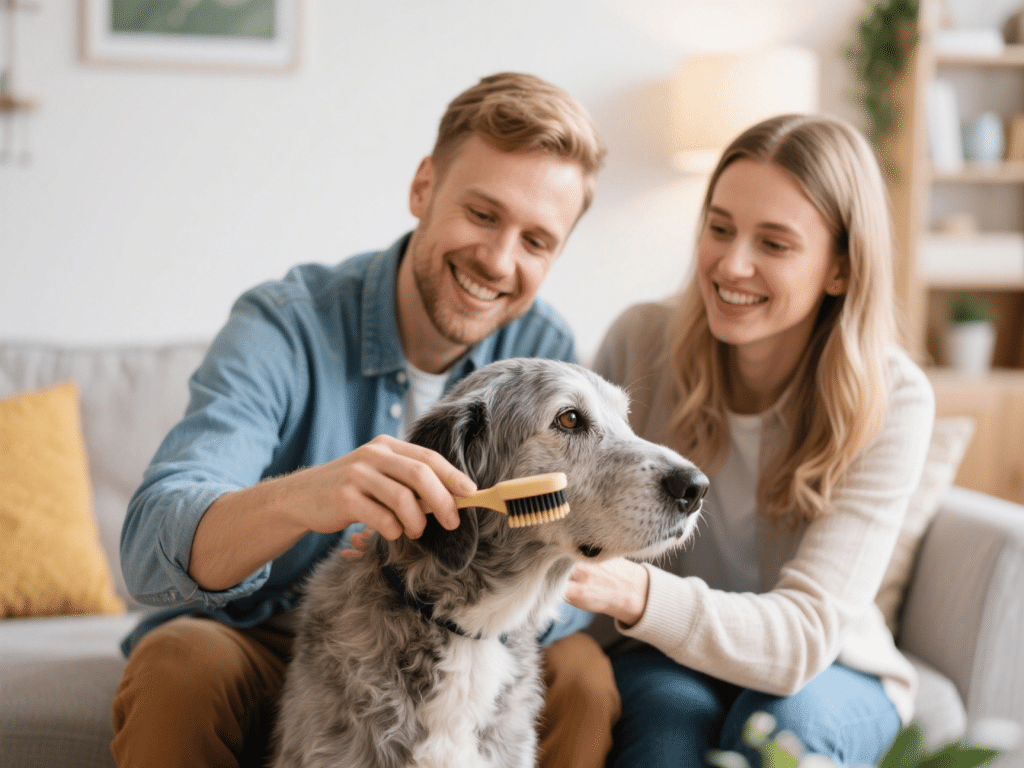
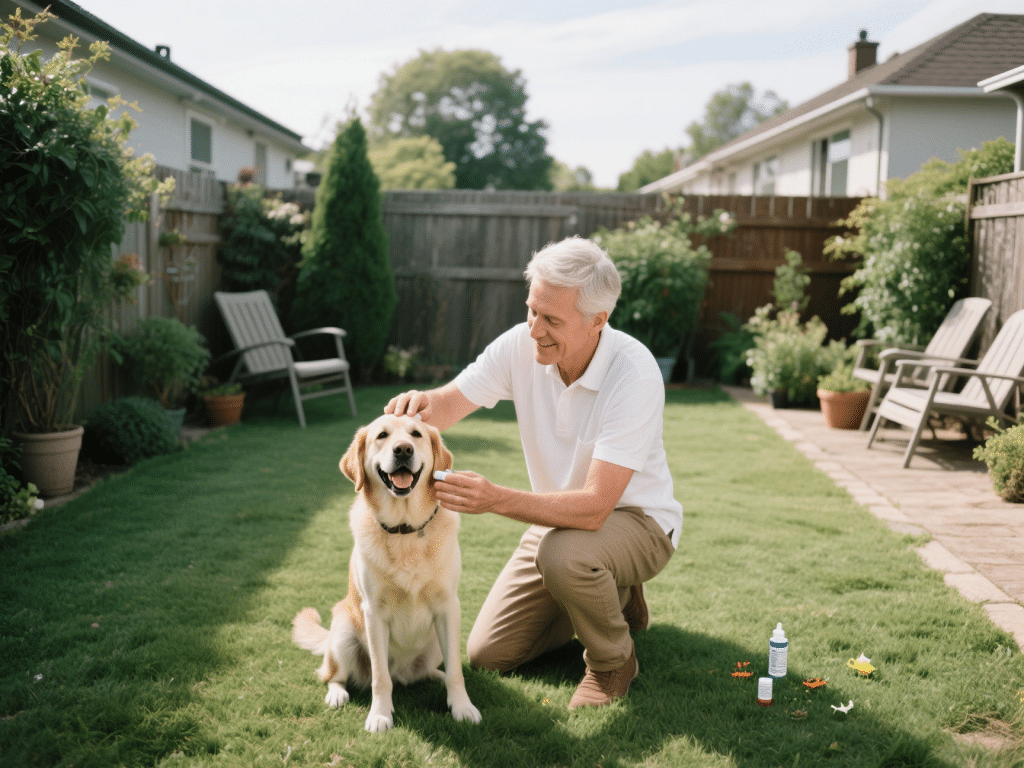

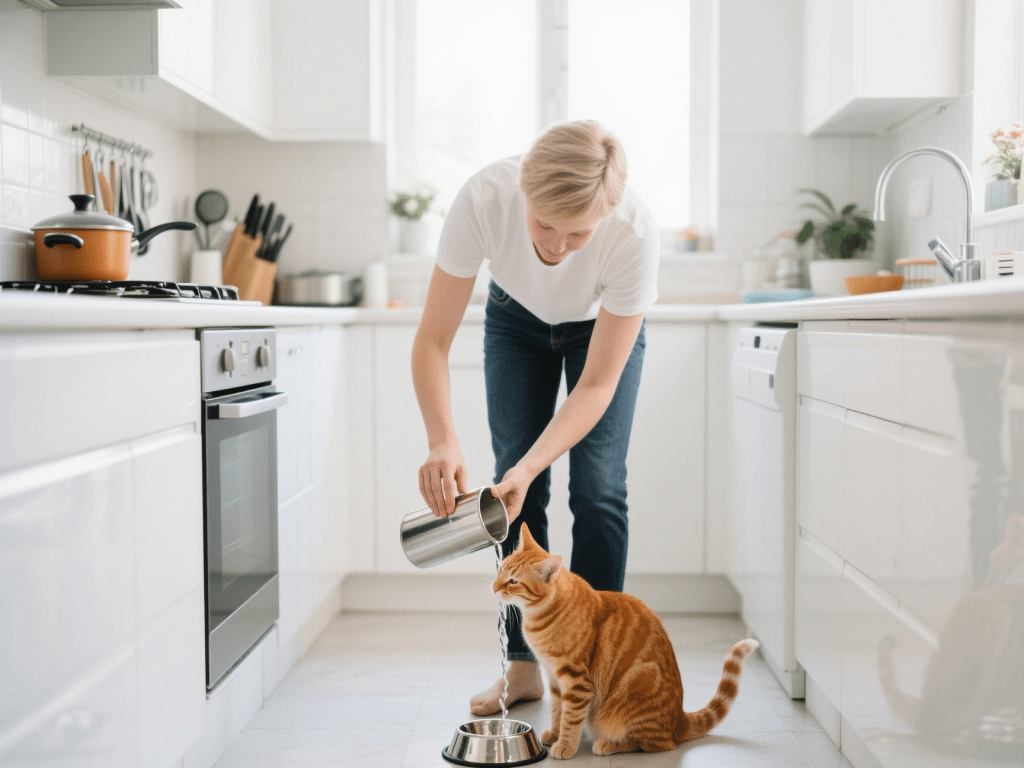




Comments on "Effective Dental Care Tips for Indoor Rabbits" :